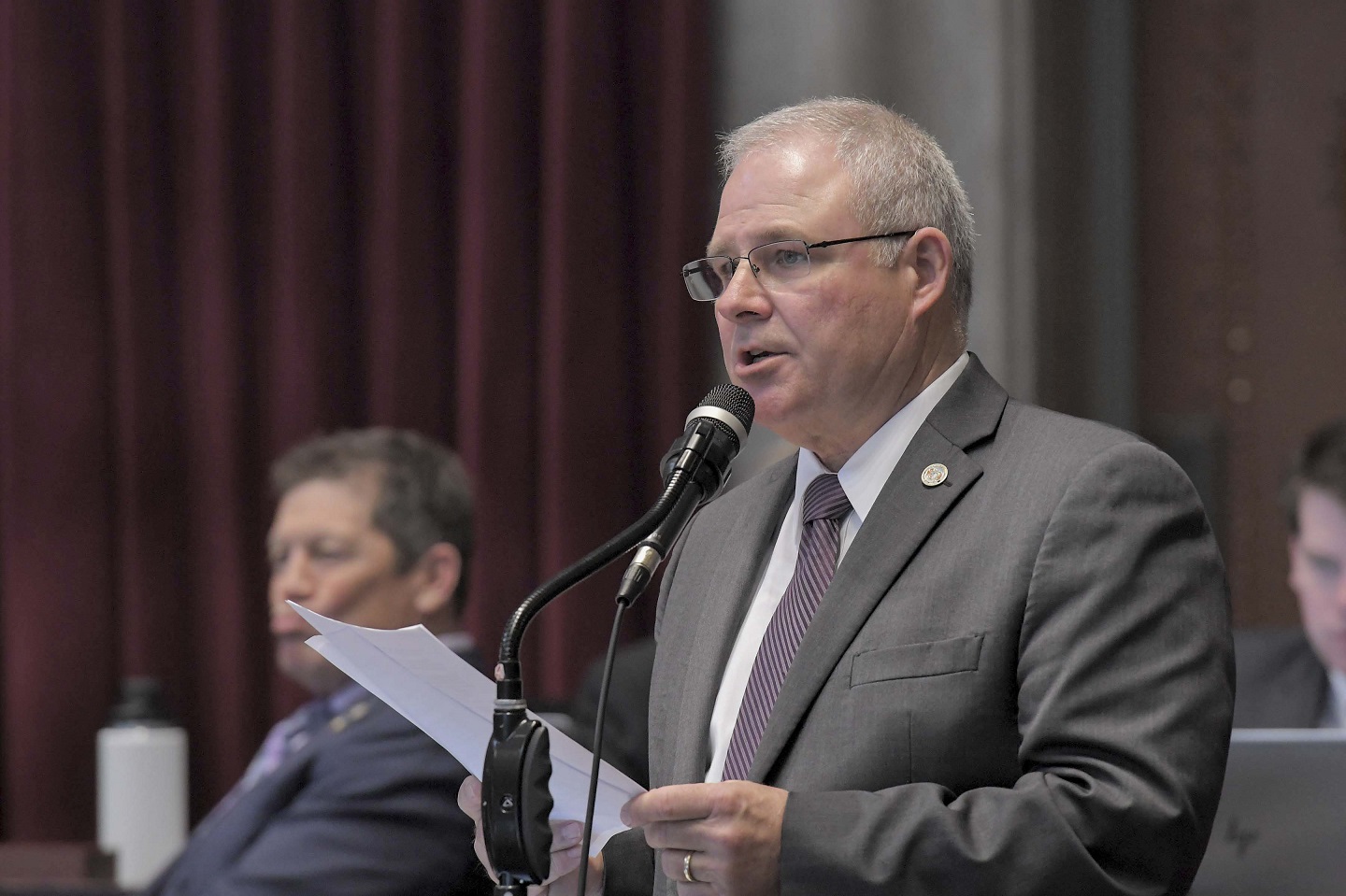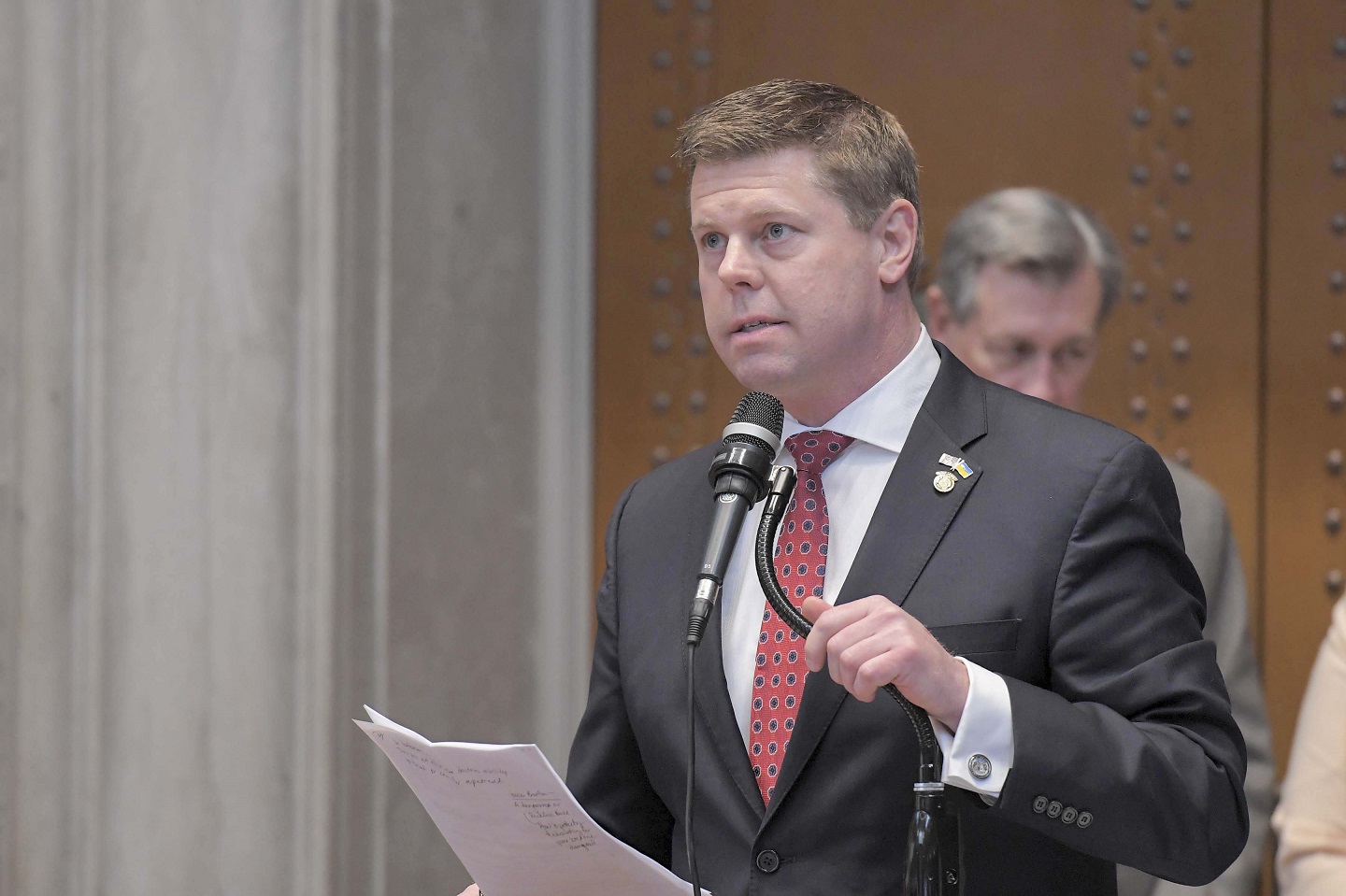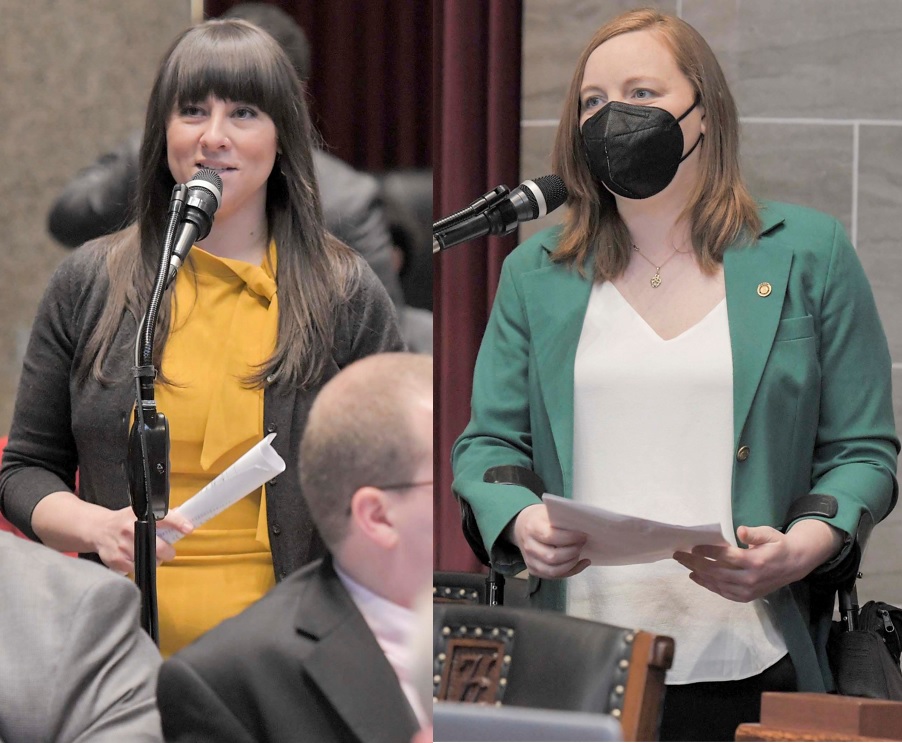Missouri schools and teachers would receive a number of boosts in the state spending plan approved last week by the legislature; a state budget that is one of the largest ever. The final total proposed to go to K-12 schools exceeds $10-billion.

“It is making an unprecedented investment in K-12 education in the State of Missouri and it is doing that in a couple different ways,” said House Budget Committee Chairman Cody Smith (R-Carthage).
The top Democrat on the budget committee, Peter Merideth (D-St. Louis), said, “[This budget proposal] is moving us back in the direction of showing that we as a state, we as a legislature, value K-12 education.”
More than $21-million was included to boost base teacher pay by $13,000 a year, to $38,000. The plan is a state/local split, with districts covering 30-percent of the cost for that increase.
Another $37-million would restart the Career Ladder program, which rewards experienced teachers for taking on extra responsibilities and professional development opportunities.
Representative Ingrid Burnett (D-Kansas City), a former teacher, school counselor and principal, said she was glad to see the state resume funding career ladder, a program that she often took advantage of during her career.
Rusty Black (R-Chillicothe), who chairs the subcommittee on education appropriations and also worked as a teacher for 32 years, also appreciated the career ladder funding.

School bussing would also see an increase over the current fiscal year’s budget.
Merideth spoke for many Democrats in praising that increase.
“Something that we’ve been funding at below 40-percent for the last number of years we’re finally funding at 100-percent. That’s another 200-plus million dollars going to our schools for their transportation costs,” said Merideth, who said this could lead to additional boosts in faculty pay. “The fact that we’re fully funding school transportation is going to give schools some flexibility to be able to provide the local match they need and to give raises elsewhere.”
Black, who was an agriculture teacher throughout his career, was excited by proposed increases to match programs to benefit career technical schools. Local districts could upgrade equipment or facilities if they come up with 25-percent or 50-percent of the cost.
Burnett said she was glad to see this level of support proposed for Missouri K-12 education. She said past years, when less money was appropriated, were like when she was teaching and would be confronted by an angry parent.
“If the administration doesn’t have your back, you can’t understand that until the administration doesn’t have your back … to help mediate the situation. To give you support on how to engage with the parent in a way that was not going to be escalating … when the administration is not getting that from the state, it’s the same. You just feel like you’re out there on an island.”
Black and other lawmakers stressed that much of the funding in the spending plan comes from non-recurring sources, like federal stimulus and COVID response. Part of the challenge in appropriating that money is in finding targets that will give schools the best chance of long-term benefit, rather than supporting programs that might go unfunded in future years when those funding sources aren’t available.

“We just hope the people at the local level making those decisions are doing a good job making those decisions, spending this money that we have one-time to help reduce future costs so that those long-term items maybe with their local budgets, they can do a good job with,” said Black. “One-time doesn’t automatically mean that it’s not going to be there next year, it’s just not making the guarantee to people that it’s going to be there. Honestly in my years of dealing with government before this, there is no guarantee. From year-to-year it’s a new budget and people making decisions at the local level, they know that too.”
The Fiscal Year 2023 budget would also provide grants or reimbursements of up to $1,500 to parents and guardians to cover tutoring and other services meant to catch up K-12s students who fell behind due to the COVID pandemic, and would provide pay increases to providers of the Parents as Teachers and First Steps programs.
That spending plan is now before Governor Mike Parson (R). If he approves it, it would take effect July 1.


